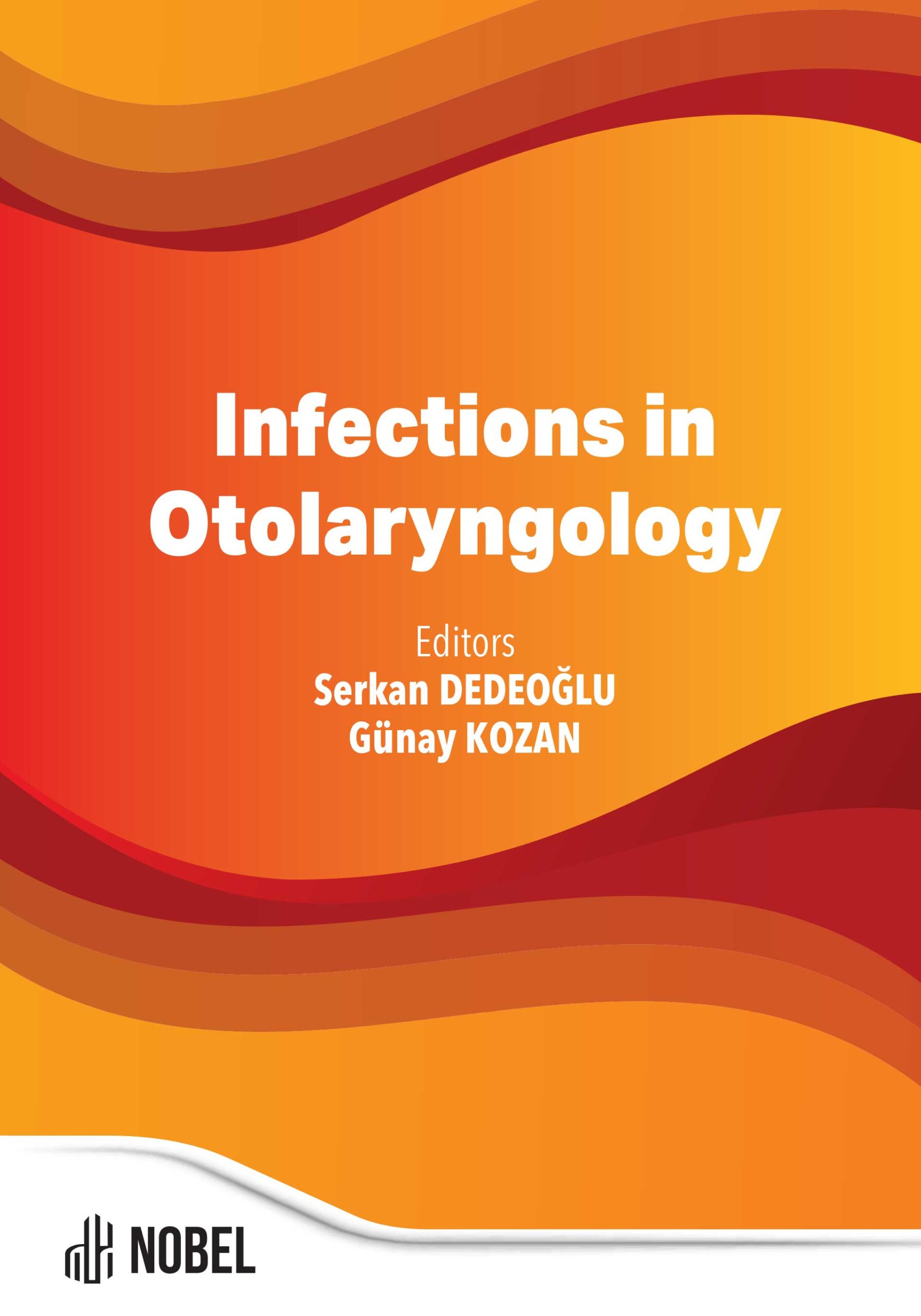Rhinosinusitis
Muhammed Ayral (Author), Serdar Ferit Toprak (Author)
Release Date: 2024-06-14
Rhinosinusitis is an inflammatory condition of the nose and sinuses and usually develops due to infections, allergies or exposure to irritants. This disease can be acute or chronic. Acute rhinosinusitis is usually caused by bacterial or viral infections after a cold and symptoms include nasal congestion, facial pain, headache, nasal discharge and loss of smell. [...]

